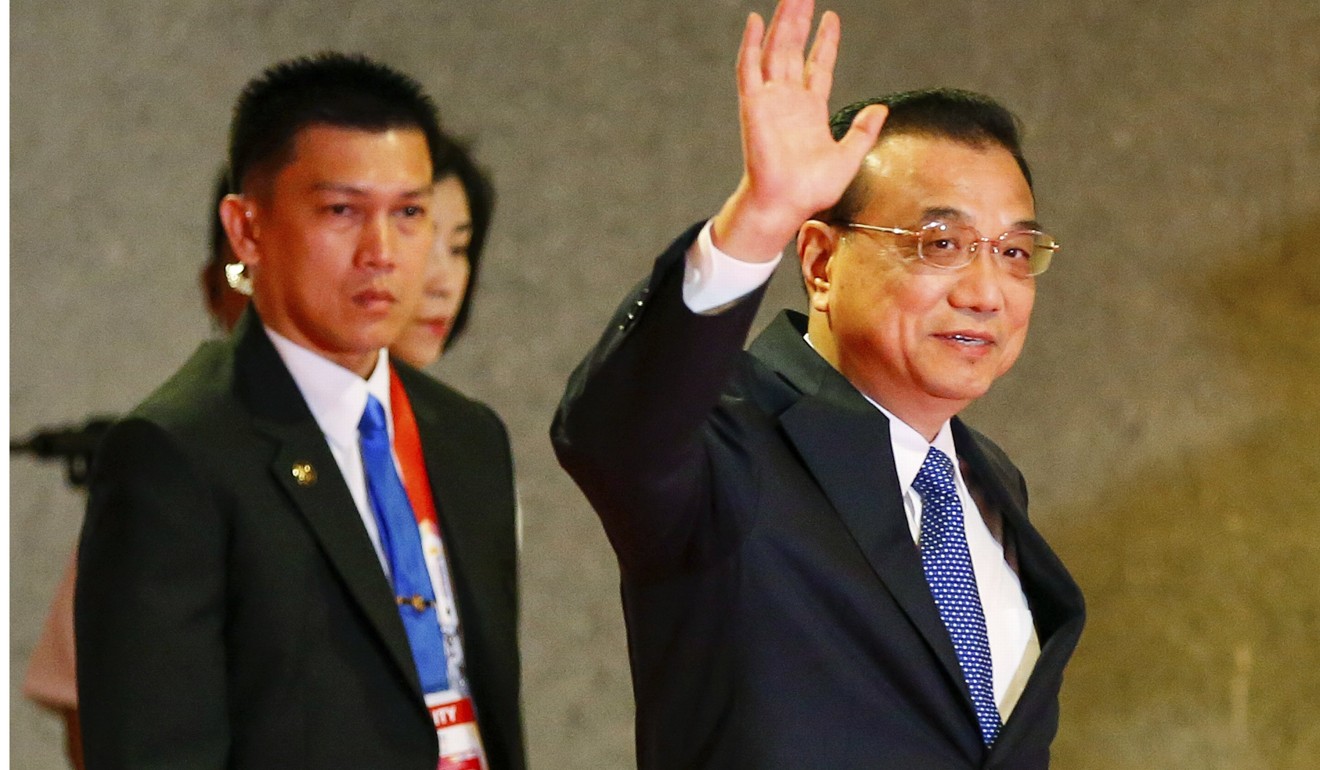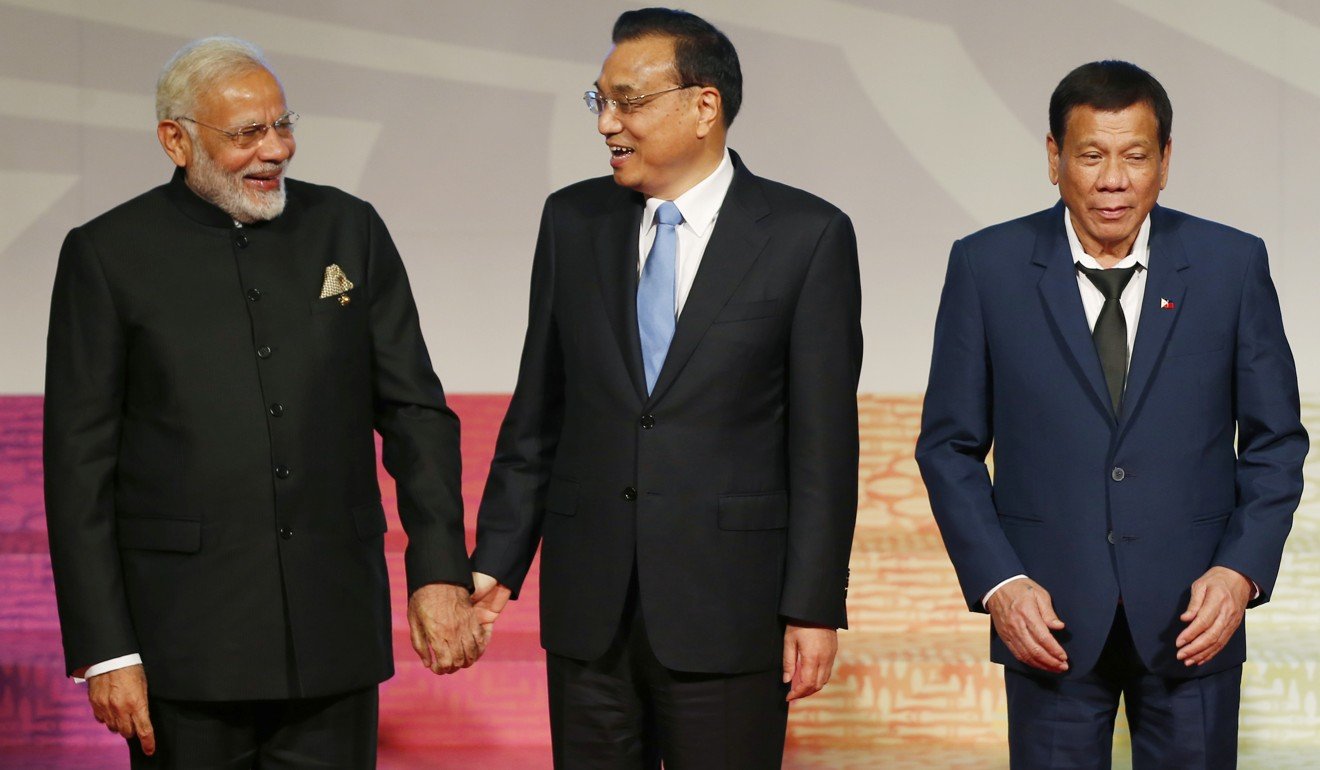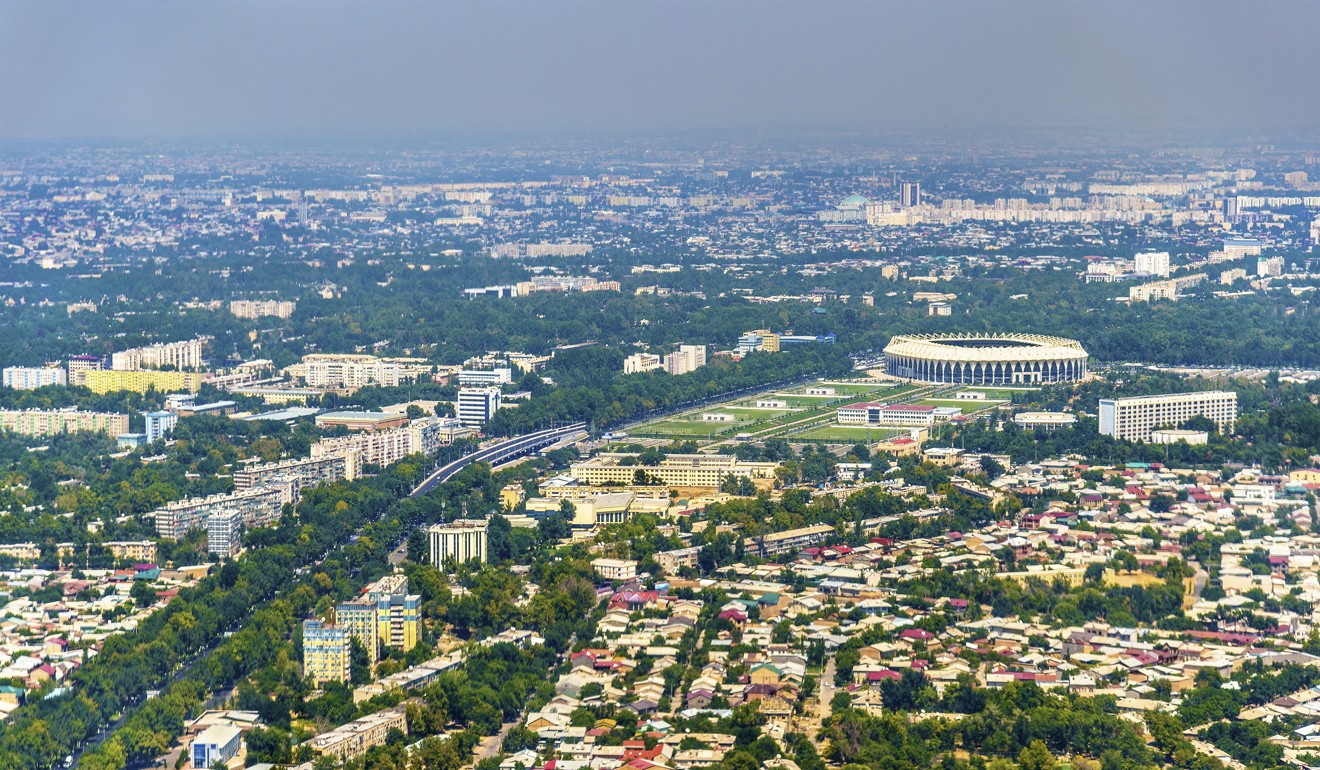
India’s entry into security bloc expected to lessen Beijing’s dominance: analysts
Li Keqiang could face an unfamiliar set of challenges at this week’s Shanghai Cooperation Organisation summit with India and Pakistan as full members
India’s entry into the Shanghai Cooperation Organisation will erode China’s dominance in the regional economic and security bloc, analysts said, potentially posing new challenges for Premier Li Keqiang when he attends an SCO summit this week – the first to have India and Pakistan on hand as full-fledged members.
“China’s role will definitely be weakened with India joining the SCO since India did not fully support China’s ‘Belt and Road Initiative’,” said Li Lifan, a Central Asian affairs scholar from the Shanghai Academy of Social Sciences.
Moreover, India might “oppose Beijing’s other initiatives within the SCO framework if they hurt India’s interests”, Li said.
The SCO, seen by some as a counterweight to the US- and European-led North Atlantic Treaty Organisation, is a political and security organisation to coordinate counterterrorism efforts. Its other members are China, Russia, Kazakhstan, Uzbekistan, Tajikistan and Kyrgyzstan.

When SCO representatives meet in the Russian city of Sochi on Thursday and Friday, it will be the first summit to include India and Pakistan as full members since they came on board in June.
Since 2005, India has attended SCO meetings only as an observer, its participation limited to ministerial-level meetings that concentrate on security and economic cooperation in Eurasia.
As a full member, New Delhi now has the right to criticise Beijing-backed economic initiatives such as the China-Pakistan Economic Corridor without needing to appear to serve the interests of all SCO members.
India also can use the SCO summit as a public platform from which to openly question the intentions behind specific Beijing moves.
Analysts said the competition between China and India and their differing views on regional issues would make it harder for the group to reach a consensus on agenda items.
Beijing and New Delhi have long viewed each other with suspicion, as manifested by the months-long stand-off on the Doklam plateau this year that ended with both nations’ retreat from the disputed area.

In May, New Delhi skipped a Beijing summit on China’s belt and road programme, an ambitious infrastructure plan designed to promote global trade.
In addition, the administration of US President Donald Trump has started using the phrase “Indo-Pacific” to refer to what had long been called the Asia-Pacific region, shifting the regional focus away from China and onto India, possibly turning up the heated competition between the two Asian powerhouses.
Noting that India’s need to expand its markets and energy sources prompted it to join the organisation, Li said “it’s a question whether New Delhi would take the opportunity to counter China’s sway”.
Mohan Guruswamy, chairman of the Centre for Policy Alternatives in New Delhi, said India would not stay impassive if China’s moves hurt its interests.

“India will not take quietly any Chinese attempt to be overbearing towards it. India is not overawed by China, and is not trade-dependent on China, as it is one of the few countries in the region with a trade deficit with China,” Guruswamy said.
“And of course India will oppose Chinese attempts to hurt its interests, but does not expect China to overtly do so either.”
Rajeev Ranjan Chaturvedy, a research associate at the Institute of South Asian Studies at the National University of Singapore, said India would prove it could not be ignored.
“India is not a small country which can be sidelined. Hence, its presence and contribution will be felt.”
Happymon Jacob, an international politics expert at Jawaharlal Nehru University in New Delhi, said that while it might be easy to view India’s entry into the SCO as a potential check on China’s dominance, the two countries actually had the potential for cooperation.
“India is unlikely to get into a zero-sum confrontation with China in the SCO,” Jacob said. “New Delhi seems to be approaching the SCO with an open mind and enthusiasm.”

